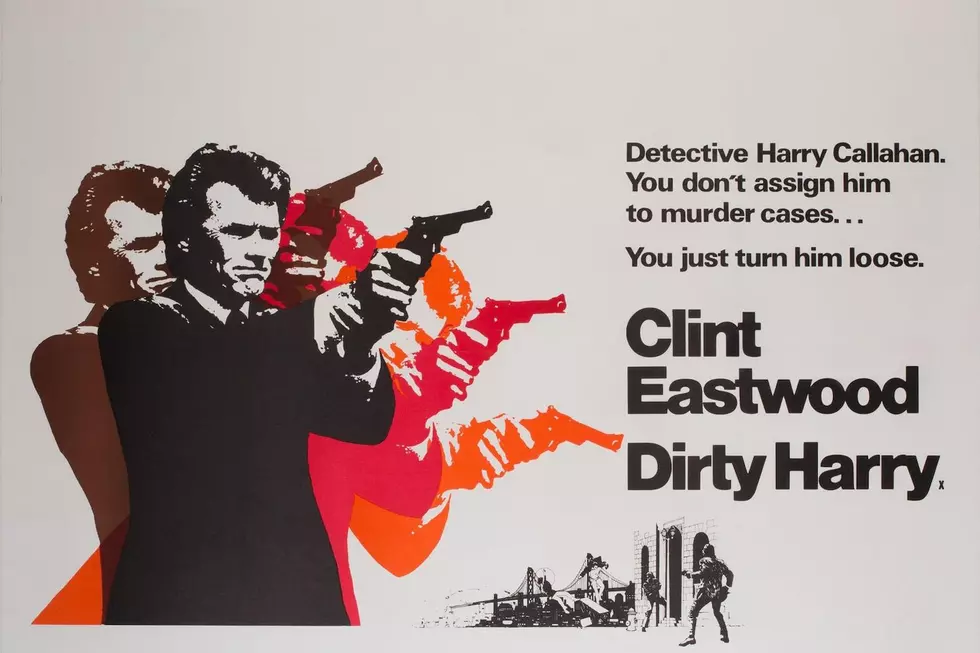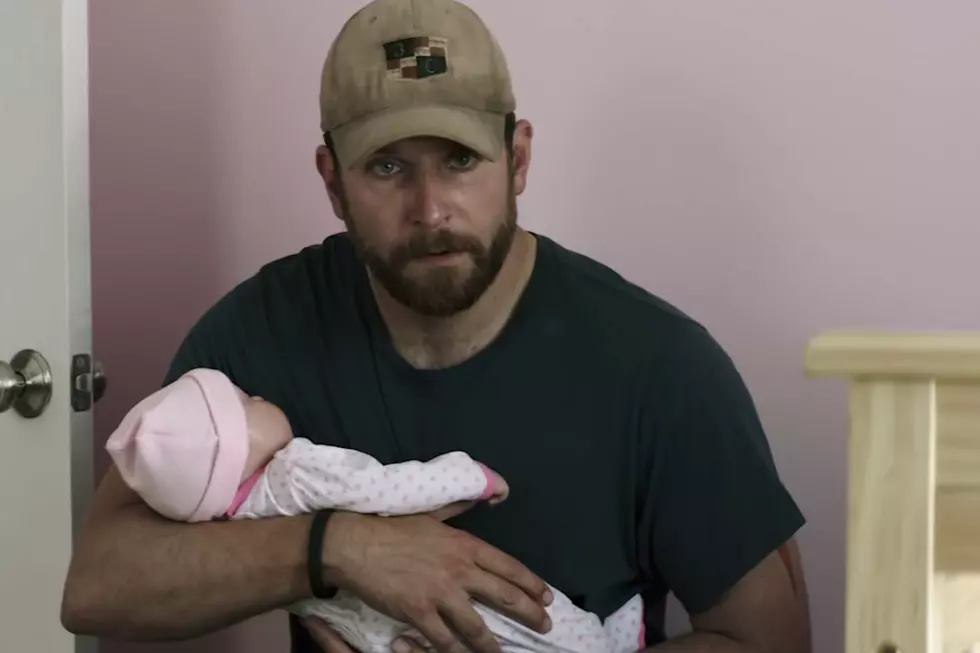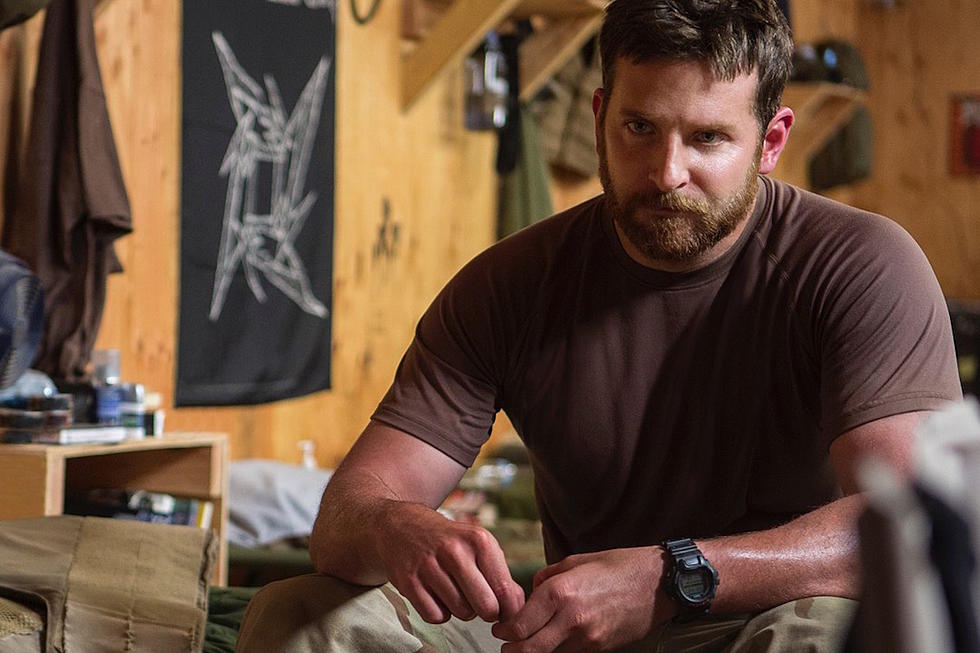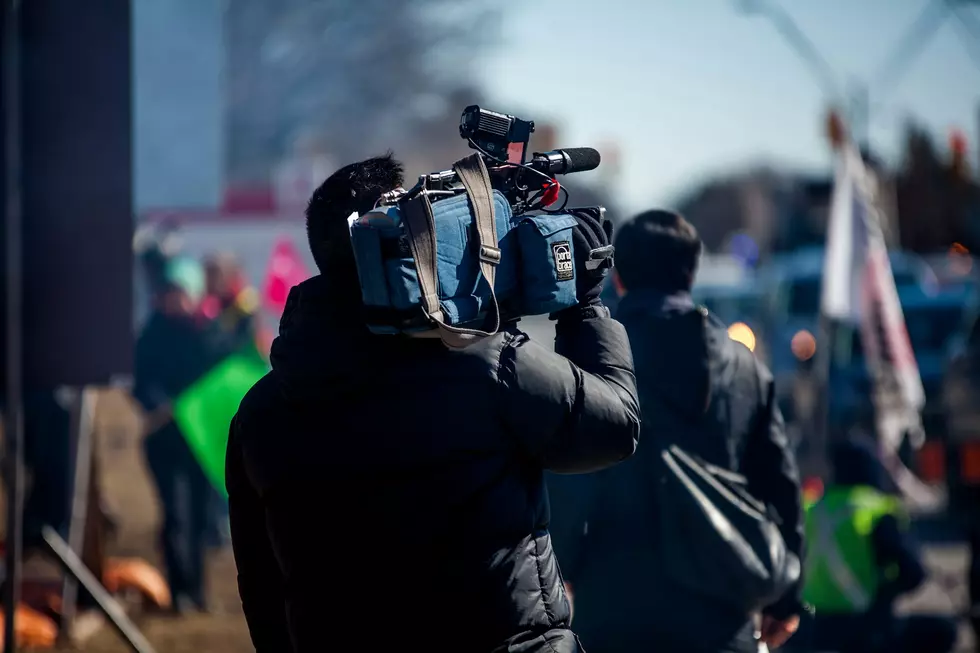
50 Years Ago: Clint Eastwood Flouts the Law in ‘Dirty Harry’
With its premiere in 1971, Dirty Harry defined a moment — for better or worse. As renegade cop Harry Callahan, Clint Eastwood brought his characteristic machismo to the title role, uttering cool ultimatums and wielding a .44 Magnum.
But decades after its release, Dirty Harry can make for an uncomfortable watch: Harry is an unrelenting, brutal police officer.
Set in Eastwood’s hometown of San Francisco, the film opens with a dedication to those “Who Gave Their Lives in the Line of Duty,” the camera panning over memorial plaques. Viewers are instantly grounded in a valorization of the local force. But Harry, who soon appears onscreen, is no stereotypical hero. He eyes the city with grim disdain and acts out his stewing aggression on wounded perps.
In the movie’s most famous scene, he towers over a wounded bank robber and smugly asks: “I know what you're thinking: 'Did he fire six shots or only five?' Well, to tell you the truth, in all this excitement, I've kinda lost track myself. But being this is a .44 Magnum, the most powerful handgun in the world and would blow your head clean off, you've got to ask yourself one question: 'Do I feel lucky?' Well, do you, punk?”
Watch the 'Dirty Harry' 'Do I Feel Lucky?' Scene
It’s a line fans know by heart, as it sums up the gloating badassery for which Dirty Harry is remembered. It also represents the controversy the film inspired. Utterly detached from any form of due process, Harry tears through the city, proudly acting as judge, jury and occasionally executioner. When he eventually corners his target, the serial assassin Scorpio, Harry tortures him in a football field.
Knowing that Scorpio is guilty, Harry has no qualms digging his heel into the murderer’s broken arm. But, of course, his bosses disagree. And when Harry is reprimanded by the mayor for eschewing protocol, his response is darkly sarcastic: “Well, I’m all broken up about that man’s rights.”
Released the same year Richard Nixon launched his War on Drugs campaign — which painted urban hubs as hopeless slums — Dirty Harry crystallized anti-liberal sentiments that were brewing at the time. Critics instantly noted this upon the film’s release. “The movie's moral position is fascist. No doubt about it,” Roger Ebert infamously wrote in his 1971 review, although he did enjoy the work as an "effective" thriller.
Similarly, in her own New Yorker critique, Pauline Kael called Dirty Harry “a stunningly well-made genre piece” as well as a “deeply immoral movie.” In pitting Harry against an irredeemable, creepy psychopath like Scorpio, the film gives Harry a one-sided license to kill — and in doing so, it allows viewers the perverse sense of satisfaction in watching it happen.
Watch Dirty Harry Torture Scorpio
It was a propagandistic move, and such contentious characterization proved to be a big studio risk. Many big names of the decade — including Burt Lancaster and Paul Newman — passed on the role, leaving Eastwood as Warner Bros.’ eighth choice. But once cast, he was also hired as a producer and quickly made the project his own.
Flexing his power over the production, Eastwood demanded that Don Siegel be hired to direct the original script. (Successive rewrites had muddled the Dirty Harry story.) Siegel and Eastwood were frequent collaborators, having teamed up previously on Coogan’s Bluff, Two Mules for Sister Sara and another 1971 feature, The Beguiled. And under Siegel’s direction, the maverick drama flourished into the moody, urban tale that defined the genre for years to come.
Dirty Harry premiered on Dec. 23, 1971, and surged to mainstream popularity. The film raked in $36 million domestically on a $4 million dollar budget, going toe-to-toe with contemporaneous titles like A Clockwork Orange and The French Connection. It was a violent time at the movies. Unlike those movies, though, Dirty Harry received no Oscar nominations at the 44th Academy Awards. But the film's presence was still felt on awards night when feminist activists protested outside, holding signs that read “Dirty Harry Is a Rotten Pig.”
In spite of the public outcry, the profitable franchise would continue. Four sequels followed Dirty Harry: 1973's Magnum Force, 1976's The Enforcer, 1983's Sudden Impact and 1988's The Dead Pool. It was in the Eastwood-directed Sudden Impact that another favorite Harry line first appeared: “Go ahead, make my day.” Fortieth President Ronald Reagan notably borrowed the phrase in 1985 — once again aligning Dirty Harry with the politics of the day.
Watch Ronald Reagan Quote Dirty Harry
Dirty Harry Movies Ranked
More From KYBB-FM / B102.7









